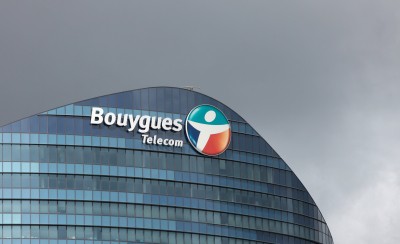
Bougues Telecom to Patrick Drahi: No thanks!
In a unanimous decision, the board of Bouygues Telecom has turned down an extremely generous offer by Patrick Drahi to acquire the wireless company and combine its operations under Altice’s Numericable-SFR brand.
The merger would have made Altice the largest mobile provider in France by far, kicking Orange to second place and likely ending a vicious price war that has long benefited French consumers with inexpensive wireless service.
Drahi’s debt-financed cash bid of $11.2 billion “vastly overvalued” Bouygues’ mobile assets and would have led to shareholders breaking out in spontaneous dancing on Wall Street if the deal involved two American wireless companies, according to French business observers.
But Bouygues’ board drove home its rejection, pointing out the vote against the deal was unanimous and any short-term gains were not in the best interests of Bouygues Telecom or its shareholders:
The board is convinced that the telecom market is at the dawn of a new era of growth driven by the exponential development of digital applications. It considers Bouygues Telecom uniquely positioned to benefit from this growth, knowing we have a strong and sustainable competitive advantage through our spectrum portfolio and a 4G network known as one of the best in the market.
The board also considered the fact there were significant regulator headwinds against any deal involving Patrick Drahi and Altice SA — a distraction that wasn’t worth disrupting Bouygues’ current business plan.
France’s Economic Minister Emmanuel Macron came close to declaring the deal reckless, stating that the scale of the proposed consolidation of France’s competitive mobile phone sector would hurt employment, investment, and consumers.
“The group,” a Bouygues news release said, “has always strived to write an industrial story that creates value in the long-term with its employees and suppliers, and in the interests of its customers, while respecting its commitments in terms of investment for the development of French infrastructures.”
That has been widely interpreted as a criticism of Drahi’s ruthless business style, which seems to focus on short-term gains that open investors, employees, vendors and consumers to significant risk if Drahi’s brand of cost-slashing and debt accumulation turns out to be unsuccessful.


 Subscribe
Subscribe